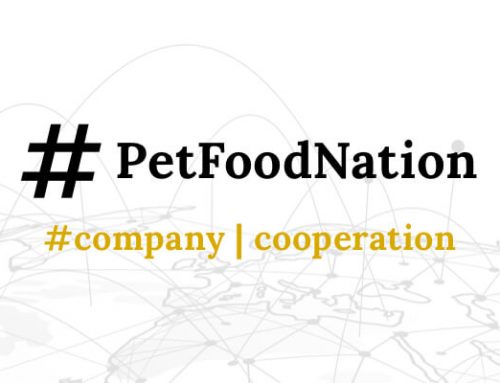In the future, U.K. consumers might spend less money on pet food and other products benefitting from the the new Developing Countries Trading Scheme (DCTS) that reduces duties on several goods. According to the the U.K.’s International Trade Secretary, Anne-Marie Trevelyan, the new scheme goes further than the European Union’s (EU’s) Generalized Scheme of Preferences (GSP).
After working with U.K.‘s own GSP akin to the EU’s one, the new DCTS, covering 65 countries, shall replace the old version at the beginning of 2023. In accordance with the scheme, the least developed countries (LDCs) are able to deliver duty-free and quota-free goods to the UK. This will also apply to 85% of products from most lower income countries and lower middle income countries.
In order to minmize red tap for importing countries and stimulating imports from LDCs, the DCTS faciliates the origin of product ingredients. While there had been specific rules for pet food (under HS code 2309), there shall not be any processing requirements needed in the future.
Furthermore, the DCTS contains a new way of cumulation: as long as the final product is processed in the export country, it is now allowed to declare materials from another country as originating from the export country. At the moment, there are only a few cumulation countries like the EU; Indonesia, India.
Retailing pet food will not be any longer included in the Standard Preferences Tariff, and is valued at 0% in the Enhanced Preference’s Tariff and the Comprehensive Preferences Tariff. This is a chance for LDCs to import pet food to the UK.
According to the UN Comtrade Database, in 2021, the UK imported 1.02 million tons of pet food under HS Code 2309. More than 50% o fit has been for retail purposes, valuing US$1.6 billion and US$1.2 billion.
original article at – petfoodindustry.com



